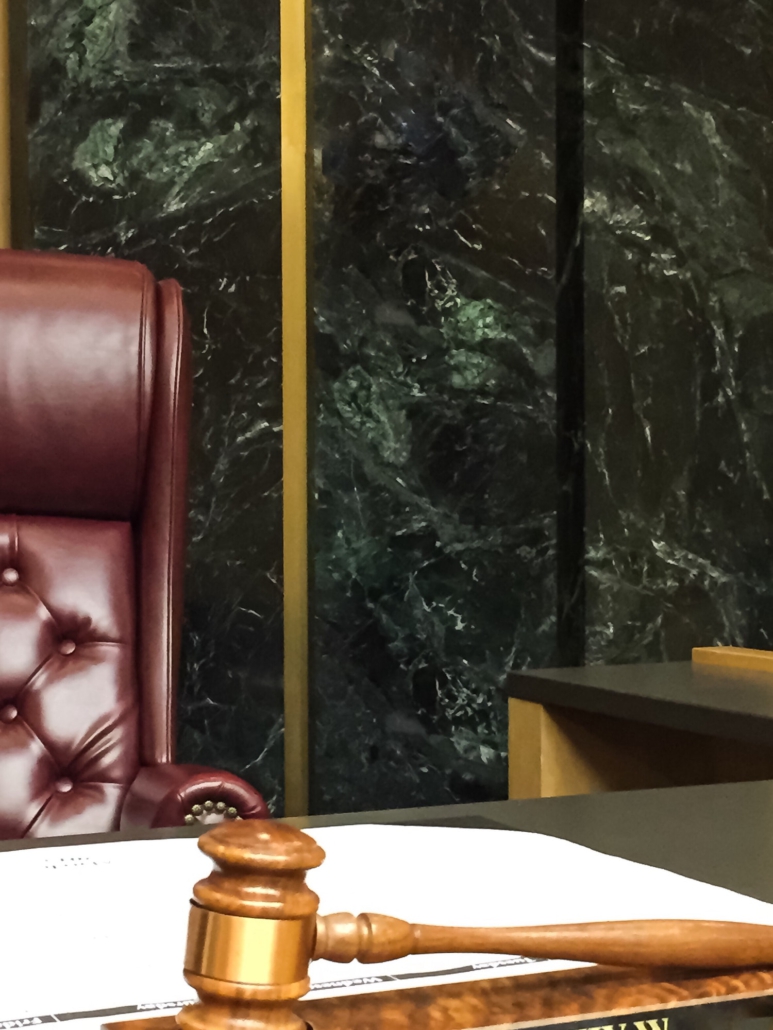LEGAL+ NEWS
In a very recent ruling, the Federal Court of Justice (BGH) has made insightful statements on the extremely practical question of when a quality agreement can be assumed in a specific case in the absence of an express agreement.
I.
The BGH ruling of August 31, 2017 (case no. VII ZR 5/17, NJW 2017, 3590) states:
” Taking these standards into account, the interpretation of the contract for work and services undertaken by the appellate court does not stand up to appellate review. The result of the interpretation of the appellate court, according to which no (implied) quality agreement was concluded with regard to the color stability of the white coating, is based on a violation of the principle of the interpretation of the contract in accordance with the interests of both parties. When interpreting the contract with regard to a possible quality agreement, the legitimate expectation of the customer regarding the work performance is of importance (see BGH, NJW 2007, 3275 = NZBau 2007, 507 = BauR 2007, 1407 [1409] para. 23). In the absence of a discussion of the risk of yellowing before or at the conclusion of the contract and in the absence of special expertise on this problem, the defendant was entitled, in view of the considerable costs of the painting work, to have the legitimate expectation that the white coating determined after the inspection of the test area – assuming normal cleaning – would not yellow more than insignificantly after less than one year. The appellate court did not sufficiently consider this aspect, which is important for a mutually fair interpretation of the contract.”
II.
Conclusion:
In this interesting ruling, the BGH clarified that a conclusive agreement on a certain quality may exist even if there is no confirmatory statement. Rather, it may be sufficient if the buyer has a legitimate expectation with regard to a certain quality that is recognizable to the seller in the individual case.

LATEST ARTICLES

Courts must generally comply with their so-called duty to provide information (Section 139 ZPO) before the oral hearing! – BGH ruling from 11.4.2018 (case no. VII ZR 177/17)
Unfortunately, it is common practice in civil proceedings for the courts to only issue instructions to the parties during the oral hearing. The BGH dealt with the consequences of this practice in a practice-relevant decision dated 11.4.2018 (case no. VII ZR 177/17).

On the scope of a so-called “pleading discount
When are submissions in the appeal instance “new”?

Casting doubt on the right of competition associations to file applications!
So-called. warning letters (cf. § 8 Para. 3 No. 2 UWG) are causing the economy a lot of trouble. Smaller companies or start-ups in particular often cannot afford to defend themselves.
CONTACT

+49 (40) 57199 74 80
+49 (170) 1203 74 0
Neuer Wall 61 D-20354 Hamburg
kontakt@legal-plus.eu
Benefit from my active network!
I look forward to our networking.
This post is also available in: DE

